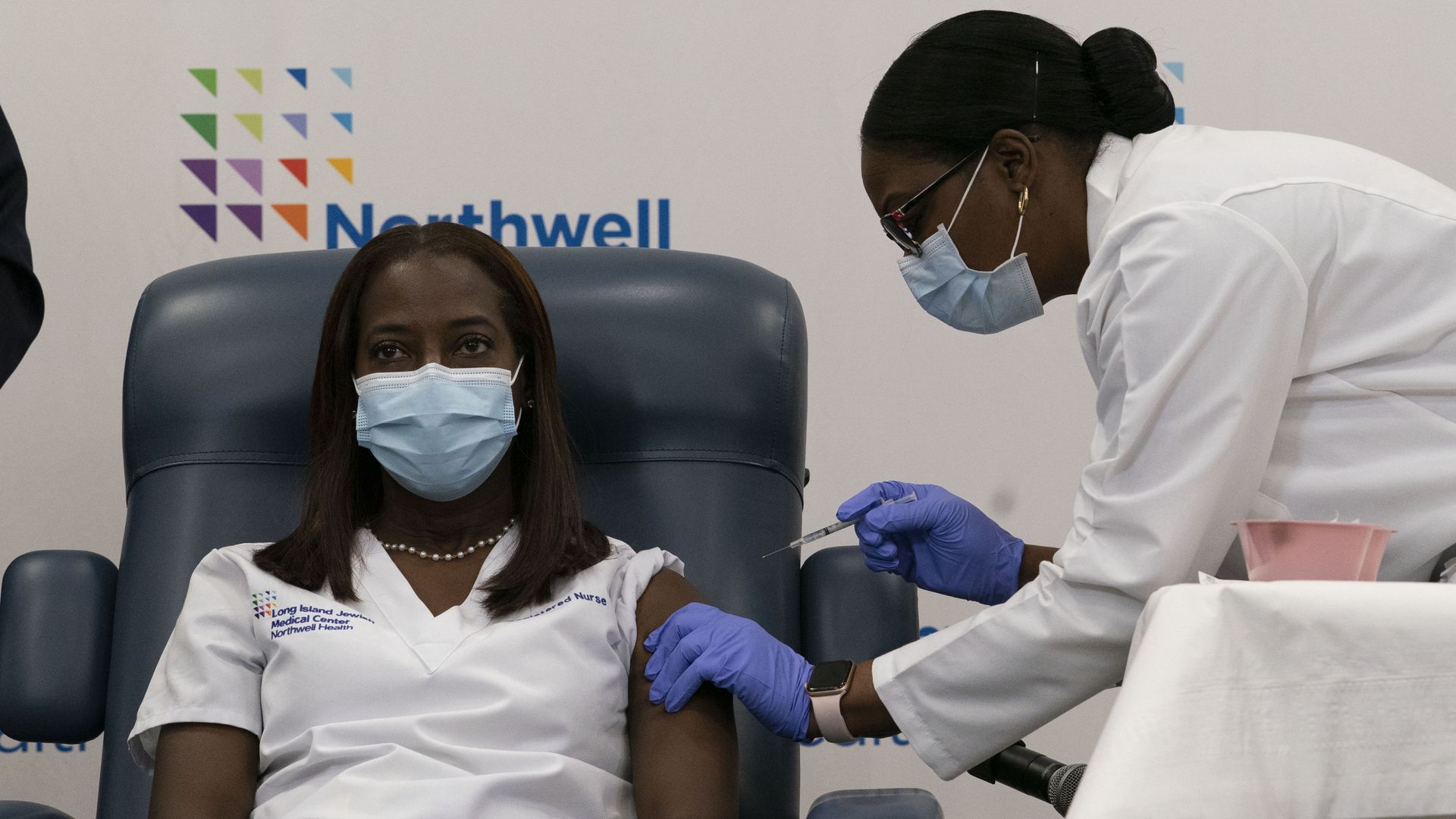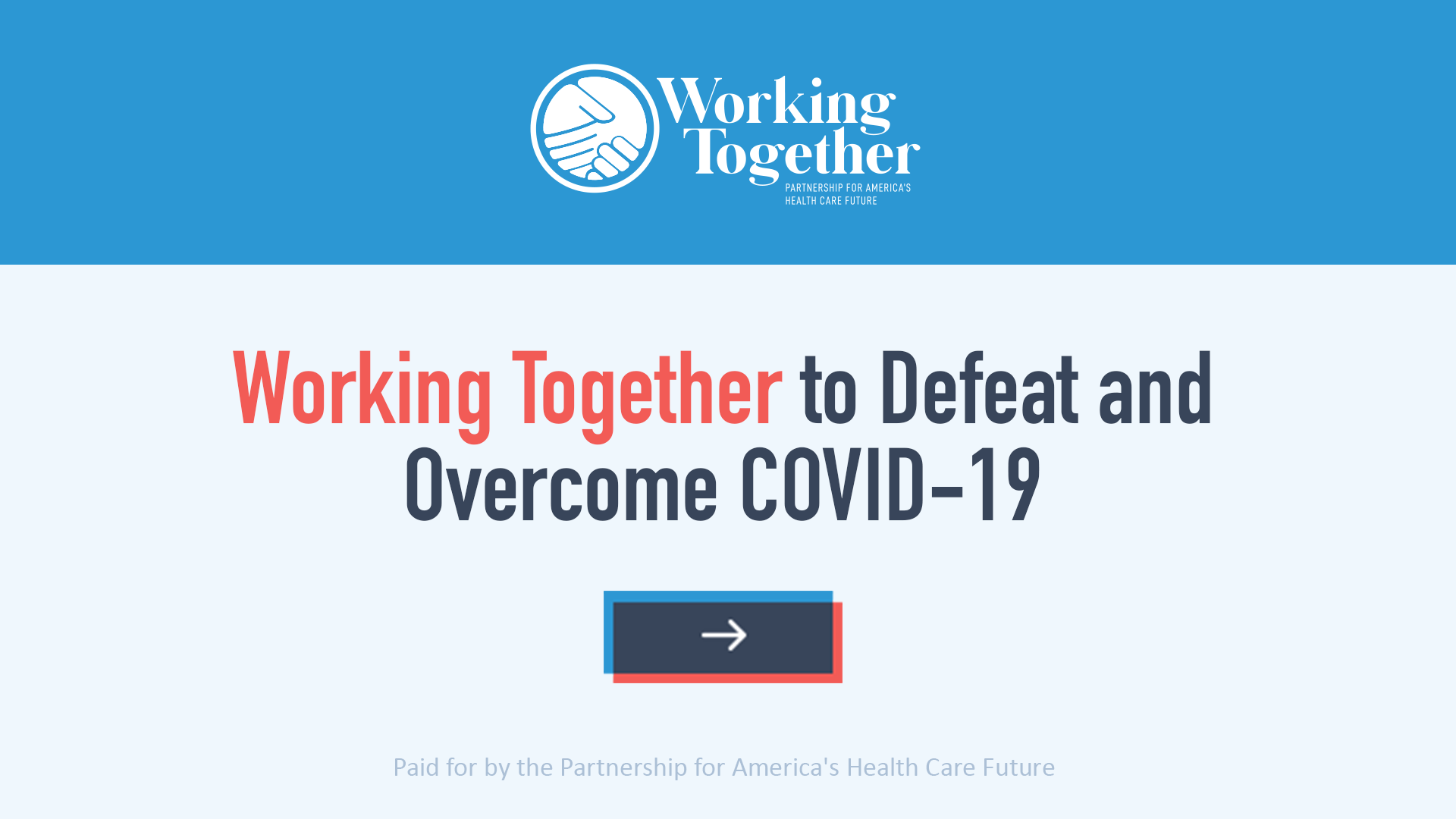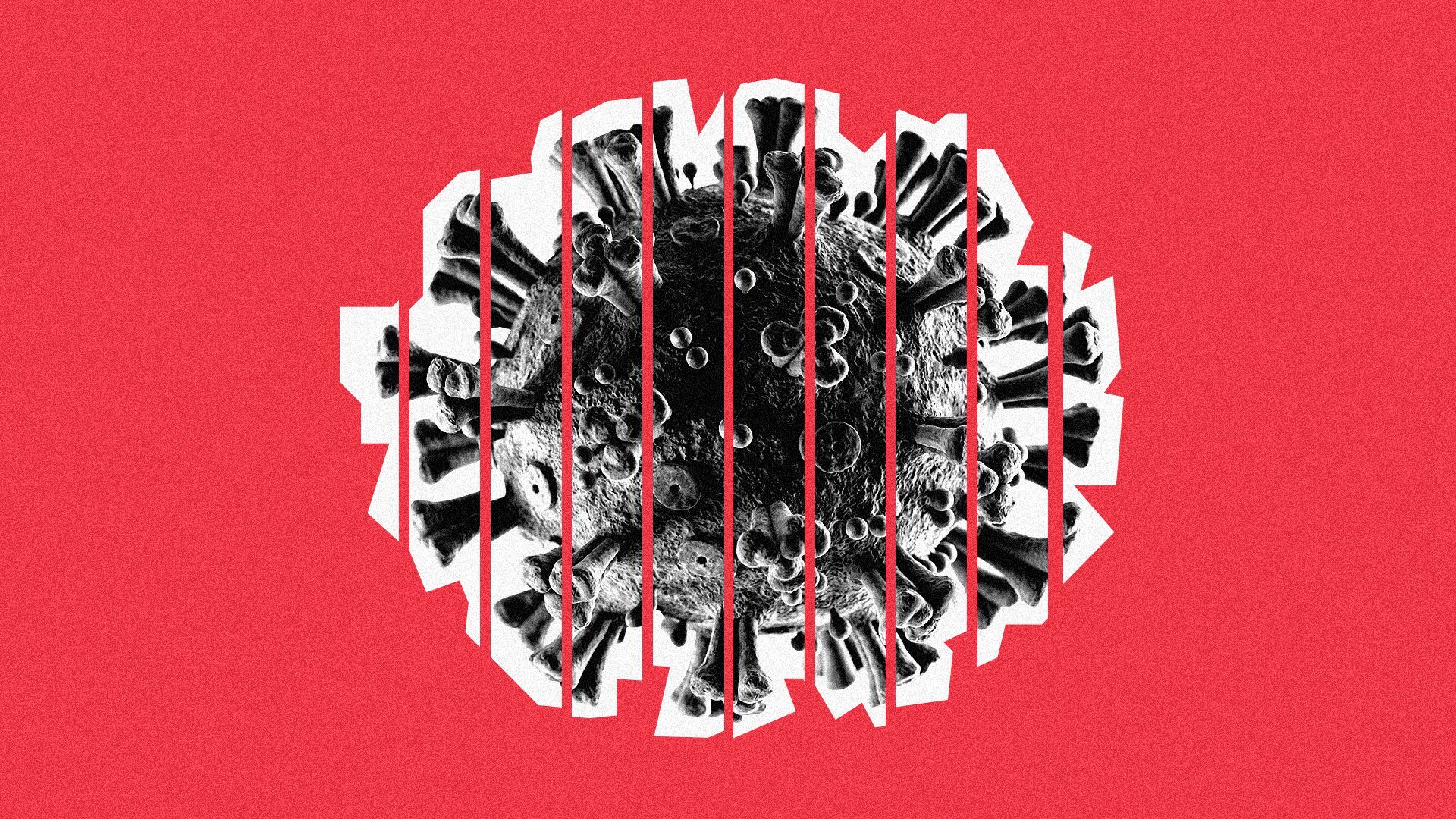| | | | | | | Presented By Partnership for America's Health Care Future | | | | Vitals | | By Caitlin Owens ·Dec 15, 2020 | | Good morning. Join Axios' Kendall Baker today at 12:30pm ET for a virtual event on the impact of physical fitness and wellness on public health, featuring Long Beach Mayor Robert Garcia and former U.S. surgeon general Richard Carmona. Today's word count is 1,054, or a 4-minute read. | | | | | | 1 big thing: The at-home health testing boom |  | | | Illustration: Aïda Amer/Axios | | | | The pandemic has supercharged the market for at-home testing for a slew of common conditions — everything from cholesterol checks to cancer screenings, Axios' Marisa Fernandez reports. Why it matters: At-home health tests can help Americans avoid a trip to the doctor's office, though experts say they're not a perfect replacement. The big picture: "Just as we've seen a dramatic increase in the use of telemedicine during COVID ... you're also going to see how testing, home diagnosis is becoming much more important," said Nicolas Terry, a health law expert at Indiana University. The state of play: Several companies that received emergency use authorization for take-home COVID-19 tests, including LetsGetChecked and Everlywell, have seen a surge in orders for their other tests, too. - Demand has doubled for about 75% of Everlywell's tests, which detect vitamin deficiencies, Lyme disease and sexually transmitted diseases. Everlywell raised $175 million in funding last week as its valuation climbed 740%.
- LetsGetChecked's demand was up 880% from 2019.
- Startup Truepill plans to launch a network of labs to process at-home tests, after raising $75 million in the fall.
What they're saying: "We live in a world today where we order something on our phone and it shows up the same hour or the next day, and consumers are demanding that in their health care experiences as well," Sid Viswanathan, Truepill's CEO and co-founder, tells Axios. Yes, but: Health tests outside of a doctor's office run a higher risk of human error and, in some cases, false positives. - Customers may have to pay full price for the tests if their health insurance does not cover them.
The bottom line: "I would always urge caution in moving outside of the traditional health care scenario, but equally I understand that people are anxious," Terry said. |     | | | | | | 2. A day of triumph and tragedy |  | | | Sandra Lindsay, a nurse at Long Island Jewish Medical Center, is inoculated with the COVID-19 vaccine by Michelle Chester in New York City. Photo: Mark Lennihan/Getty Images | | | | One American became the first to receive a coronavirus vaccine outside of clinical trials yesterday, while another American became the virus' 300,000th victim in this country. Why it matters: The milestones create an acute juxtaposition of the country's historic success in creating a vaccine for a new virus in record time, and its horrifying failure to control the pandemic in the meantime. What we're watching: As millions of Americans get vaccinated in the coming weeks and months, thousands more will die, as the pandemic continues to be the worst its ever been. - The number of daily cases, hospitalizations and deaths is expected to only increase, as Americans continue to travel for the holidays and downplay the severity of the situation.
- And yet, images of vaccines being given to health care workers across the country yesterday still serve as a reminder that there's a light at the end of this dark tunnel.
|     | | | | | | 3. Vaccine hesitancy is curable |  Data: KFF; Chart: Sara Wise/Axios Many Americans are hesitant about a coronavirus vaccine, but few are truly dug in against one, according to the new Kaiser Family Foundation COVID-19 Vaccine Monitor, KFF's Drew Altman writes in today's column. Why it matters: This is encouraging news, and suggests that people may be more willing to get vaccinated if they get more information from sources they trust. The big picture: Four groups jump out as vaccine hesitant: Republicans, rural Americans, Black adults and essential workers. Yes, but: Many skeptics in each of those groups may be persuadable, and hesitancy is often driven more by caution than by staunch opposition to getting vaccinated. - 71% of hesitant Black adults and 51% of hesitant essential workers say they're unsure about the vaccines because they're worried about side effects.
- Similarly, 50% of vaccine-hesitant Black adults worry they will actually get COVID-19 from the vaccines, and 50% of essential workers said they don't trust the government to make sure the vaccines are safe and effective.
- Once those Americans learn more, or see widespread vaccinations with few side effects, they may feel more comfortable.
By the numbers: Hesitancy is often driven more by caution than by staunch opposition to getting vaccinated. - 33% of Republicans, for example, said they'd "wait and see" before getting vaccinated, and 28% said they would do it as soon as possible.
Between the lines: Distrust of government and other institutions, especially in communities of color, will remain a real barrier. |     | | | | | | A message from Partnership for America's Health Care Future | | Working together to defeat and overcome COVID-19 | | |  | | | | America's health care leaders are working together to expand access, improve quality, strengthen coverage, protect America's most vulnerable patients and preserve patient control to defeat and overcome the COVID-19 crisis. Get the facts. | | | | | | 4. State of the worldwide outbreak |  Data: Our World in Data; Chart: Axios Visuals 1. Europe's downward trajectory in terms of new cases and deaths is in danger of a swift reversal, and governments are scrambling to add new restrictions before the holidays, Axios' Dave Lawler reports. - Germany is tightening restrictions after a partial lockdown failed to contain the outbreak. Schools will be closed until Jan. 10, as will most stores (restaurants were already closed).
- The Netherlands will enter a tough lockdown this week, Prime Minister Mark Rutte said in a televised address Monday, and Italy is expected to announce a similar move so0n, per the Guardian.
2. South Korea recorded more than 1,000 cases in a day for the first time on Sunday, with the prime minister warning that a nationwide lockdown was being considered. - South Korea's contact tracing system became a model for the world in the spring, but the outbreak is now more widespread and harder to contain.
- Japan is also recording record-high case counts, undermining the popular support of the new prime minister, Yoshihide Suga.
3. South Africa is in the midst of a second wave, with people under 30 — and in particular ages 15–19 — driving a surge in cases. Health authorities are blaming parties and other mass gatherings. - The prime minister of the neighboring kingdom of eSwatini died of coronavirus in a South African hospital over the weekend.
|     | | | | | | 5. Catch up quick |  | | | Illustration: Aïda Amer/Axios | | | | The U.S. is averaging 2,427 deaths a day — 300 more fatalities per day than during the pandemic's initial peak in the spring, per the COVID Tracking Project. This year has been defined all over the world by the struggle against a virus that has now claimed at least 1.6 million lives, but its toll has been unevenly distributed, Dave writes. A bipartisan group of senators has released the full legislative text for a two-part stimulus plan: a $748 billion package focusing on areas of agreement and a separate $160 billion bill that includes the most controversial provisions — additional funding for state and local government and liability protections. "Axios Re:Cap" digs into the process, politics and science of COVID-19 vaccinations with Margaret Hamburg, who led the FDA between 2009 and 2015. U.S. cities have seen a 21% drop in revenue since the pandemic began, while extra expenses — for PPE, remote work technology and overtime pay — have risen 17%, a survey of 900 municipalities by the National League of Cities found. |     | | | | | | A message from Partnership for America's Health Care Future | | Working together to defeat and overcome COVID-19 | | |  | | | | During this critical time, when Americans are depending on our health care system, we're working together to help Americans get healthy and stay healthy, and provide everyone with access to affordable, high-quality health coverage and care. | | | | | | Axios thanks our partners for supporting our newsletters.
Sponsorship has no influence on editorial content. Axios, 3100 Clarendon Blvd, Suite 1300, Arlington VA 22201 | | | You received this email because you signed up for newsletters from Axios.
Change your preferences or unsubscribe here. | | | Was this email forwarded to you?
Sign up now to get Axios in your inbox. | | | | Follow Axios on social media:    | | | | | |









No comments:
Post a Comment